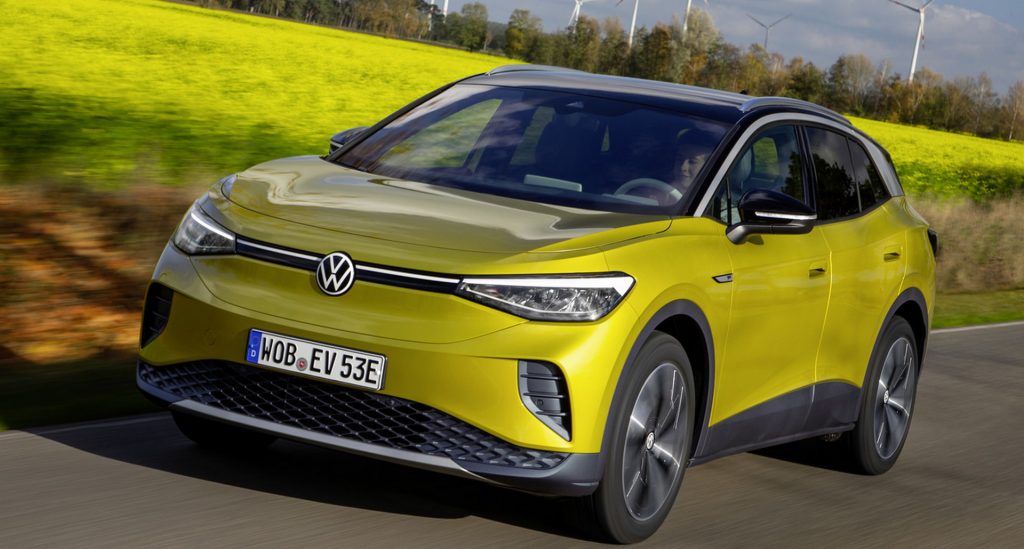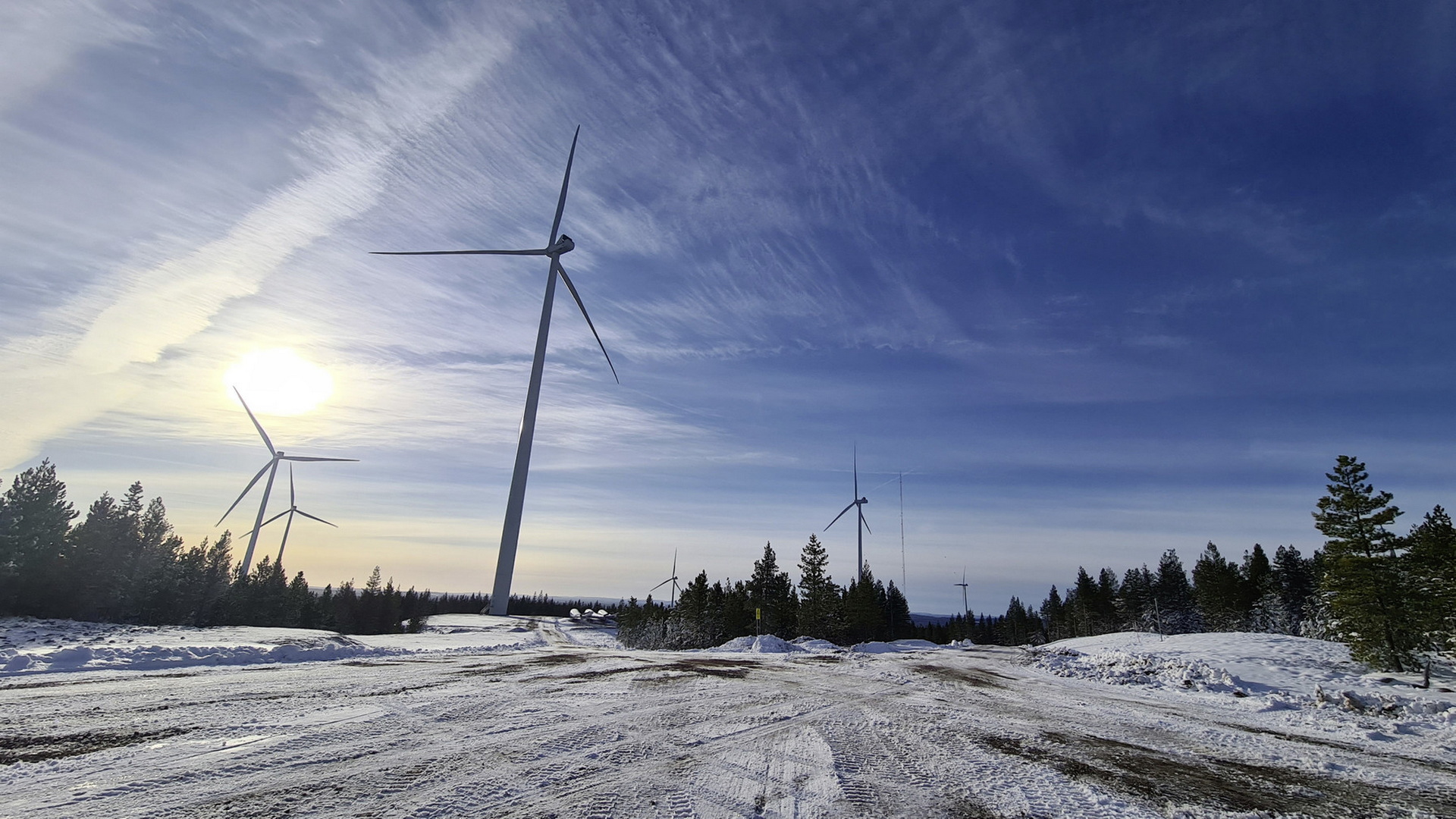Volkswagen announced today that it has agreed to help fund a wind farm in northern Sweden as part of a commitment to spend €40 million ($45 million USD at current conversion rates) on renewable energy projects through 2025.
The wind farm is the largest single project so far taken on by the automaker. It will be located in Skellefteå and is being taken on by wind farm specialist wpd Onshore Aldermyrberget AB. The share of the farm being built with VW’s help will generate around 100 GWh of electricity, enough to power 27,000 households.
The automaker has committed to supporting renewable energy projects as part of its “Way to Zero” campaign. The decarbonization plan looks to help make EVs even greener.
Read Also: VW Sued By Greenpeace Germany For Not Doing Enough To Fight Climate Change
“We are the first car maker to support the expansion of renewable energies on a large scale,” said Ralf Brandstätter, the VW brand’s CEO. “Because e-mobility can only make an effective contribution to climate protection if electric cars are consistently charged with green electricity.”
The automaker reasons that charging vehicles using only renewable energy halves their lifetime CO2 emissions, compared to the E.U.’s current electricity mix. The brand is currently trying to focus on the areas where its vehicles are popular, though.
“Our focus is on investing in renewable energies in particular where electric vehicles from Volkswagen are especially popular among customers,” said Andreas Walingen, VW Chief Strategy Officer. “Our stake in the wind farm in Sweden is, therefore, a logical step. With the biggest green electricity project in our portfolio to date, we are also living up to our responsibility as the market leader in electric vehicles in Sweden.”
With a market share of 20 percent in Sweden, VW is the country’s EV leader, which explains why it has decided to invest in developing a wind farm there. Although this is its largest project to date, it is also helping to build a solar plant in Tramm-Göthen, Germany. In all, VW anticipates that it will participate in around 20 more green electricity projects in Spain, the U.K., Finland, and elsewhere by 2025.
In all, Volkswagen expects its projects to generate a combined total of seven terawatt hours of additional green energy. That, it says, could cover the annual consumption of more than 600,000 households.






